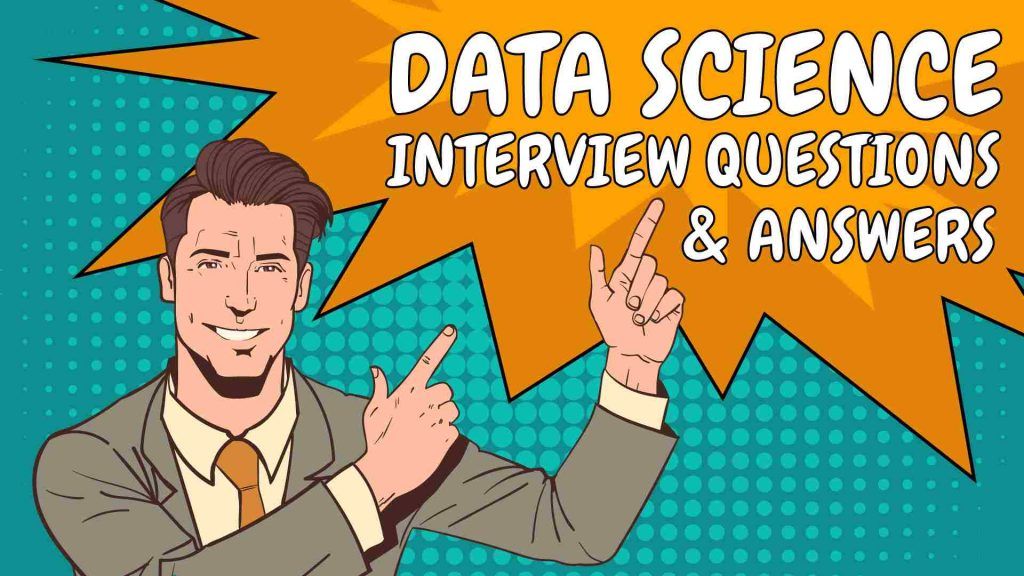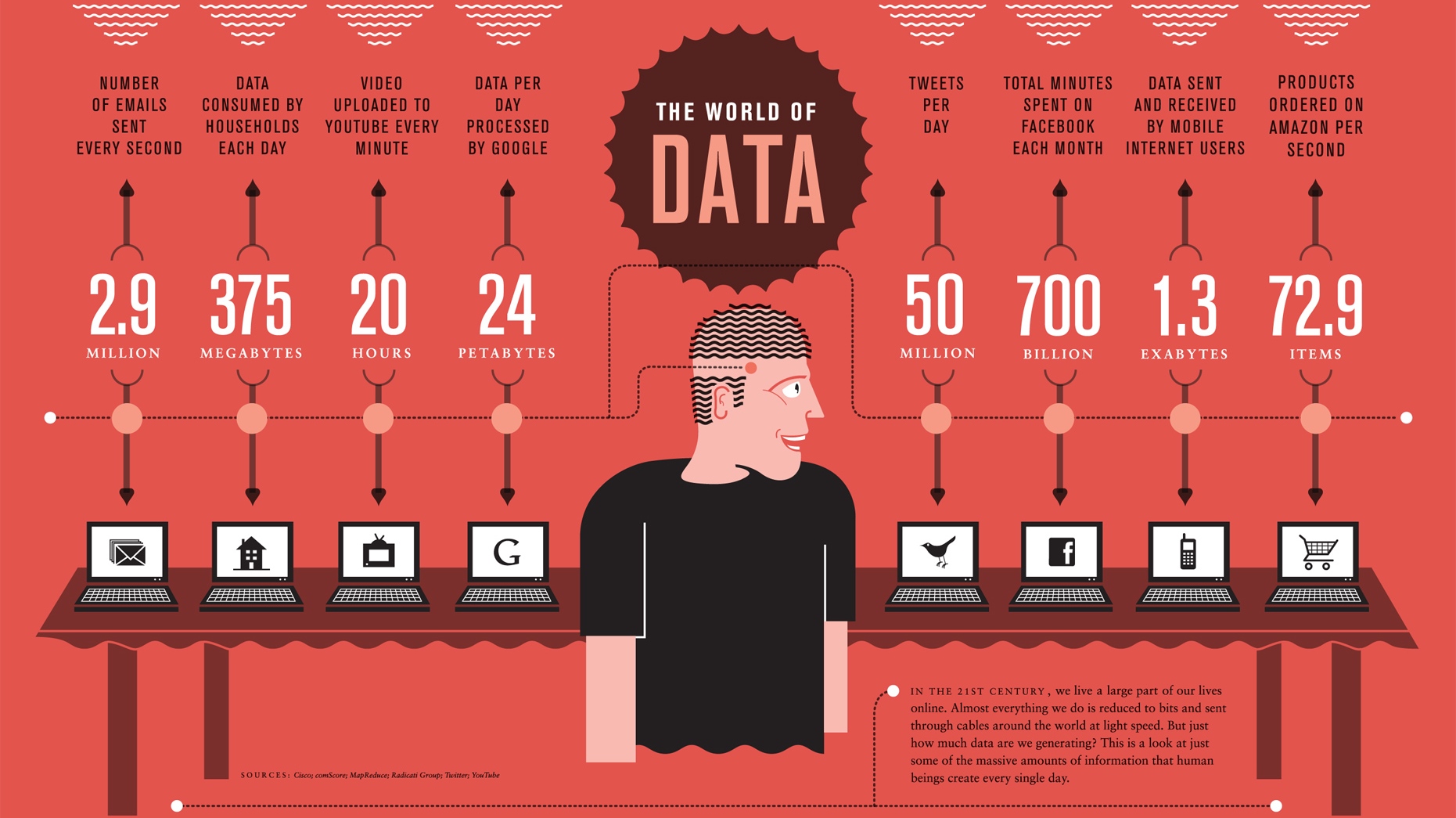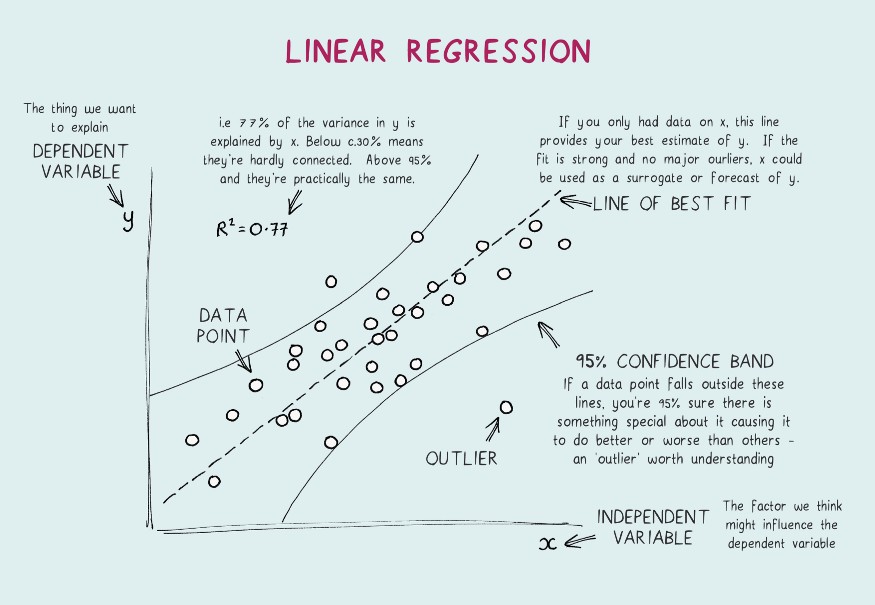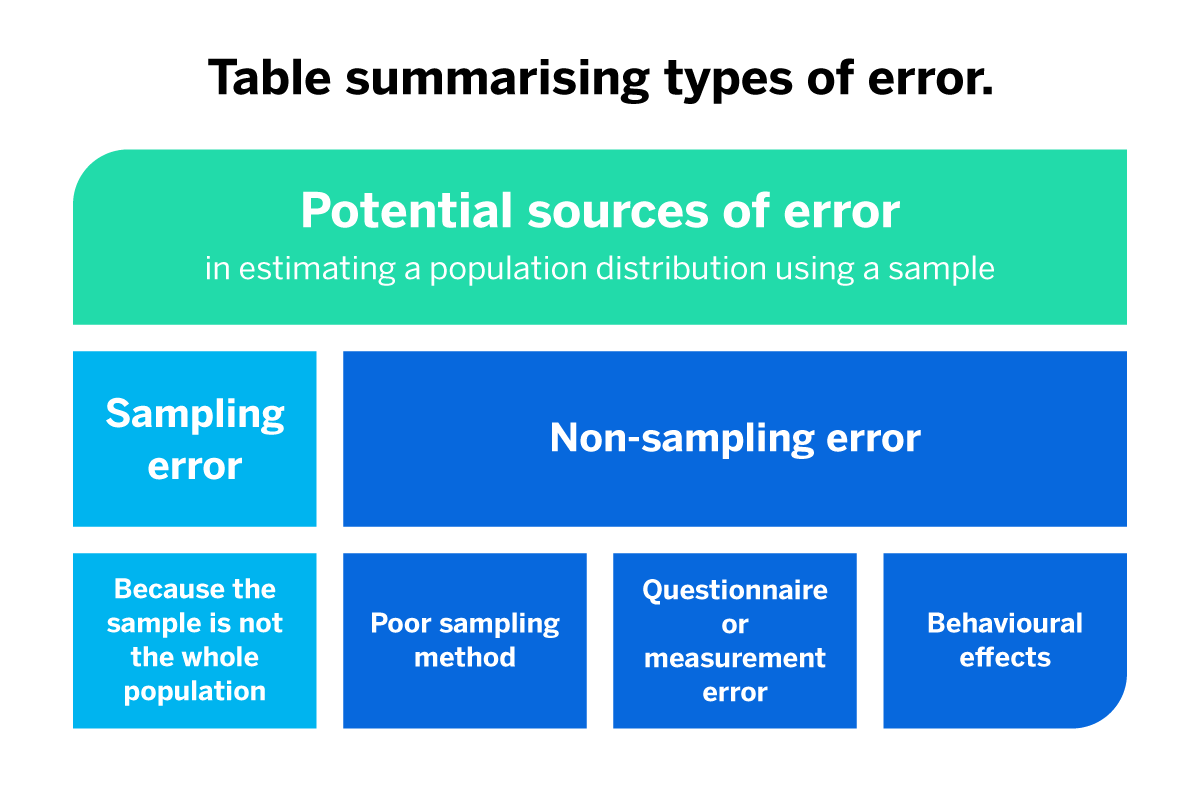7 Data Science Job Interview Questions you should prepare as an aspiring data scientist
Intro
Are data scientists in demand now?
Data Science Job Interview Questions for Beginners and Freshers
-
According to you, which is better, data science or big data?
-
Can you tell me the three methods to handle missing values in data?
-
Considering I am a non-tech person, then how will you explain the concept of linear regression?
-
What is the difference between machine learning and deep learning examples?
-
What are the benefits of the Python programming language?
-
How can you avoid sampling bias?
-
What is the difference between deleting and truncate commands?
Conclusion

With an infinite amount of information floating on the internet on data science job interview questions, it is enough to make you overwhelmed and nervous.
I understand this because a year back I was going through the same situation. However, I cannot deny that data science is a diverse field.
Data science aspirants need to have a proficient understanding of computer science, mathematics, and statistics, along with domain-specific knowledge.
I heard that a good data scientist is a digital secret keeper of business. Therefore, if you are searching for data science jobs then you need to be curious, vigorous and a problem solver.
This blog focuses on data science job interview questions that are innovative, trend strategic and can help you to beat the competition and crack the job.
Are data scientists in demand now?
Yes, data scientists are in demand and their demand will only increase in the coming future. The business world is influenced by big data and such voluminous data needs to be managed by an expert to utilise real data to its fullest potential. Data makes the business gain insight into its customer base, market, and role.

Data Science Job Interview Questions for Beginners and Freshers
Data science job interview questions for beginners and freshers are challenging as these questions are designed by experienced experts.
Therefore, these questions with answers will offer you the insight to crack the interview with relief.
1. According to you, which is better, data science or big data?
Data science and big data are two independent terms and have both had importance in their particular domain. Big Data means a collection of a large amount of data that can be structured, unstructured, and semi-structured by data scientists. On the other hand, data science is a domain that studies the data and information collected by Big Data.
2. Can you tell me the three methods to handle missing values in data?
- 1. Application of pairwise deletion of missing observation
- 2. Application of Multivariate Imputation
- 3. Random Forest
4. Considering I am a non-tech person, then how will you explain the concept of linear regression?
Linear regression is a statistical relationship between dependent variables and interdependent variables by following specific techniques. These variables are directly proportional to each other, i.e. if one variable increases then the other increases too and if one falls another decreases too. Therefore, linear regression develops a relationship that helps businesses to understand variables better.

What is the difference between machine learning and deep learning examples?
Deep learning is a structured algorithm and an expansion of Machine Learning that helps in the creation of an artificial neural network that stimulates the human system. Therefore, deep learning can make their own intelligent decisions because they are trained to understand various patterns of datasets. On the other hand, Machine learning makes decisions based on its previous learning.
5. What are the benefits of the Python programming language?
Python is a very extensible high programming language that helps to extend to other programing languages and write Java, C++, and C# within the Python codebase.
Python Libraries also help to reduce the chance of coding error and making the code more efficient. Therefore, instead of writing long lines of code one can call upon the library with a single line of code.
6. How can you avoid sampling bias?
An error or bias in sampling happens because there are no definite target populations and sampling frames. Therefore, the introduction of an online survey, sampling, boosting, and following up on non-responders can avoid sampling bias.

7. What is the difference between deleting and truncate commands?
Delete command deletes rows one at a time and keeps a record in the transaction log about the deletion. Moreover, the action can be put to an end depending on the want.
On the other hand, the truncate command removes all rows by locating the data page that stored table data and records. Moreover, truncate command action can not be put to an end.
Conclusion
I hope now you understand the type of data science job interview questions asked to the freshers by experienced professionals. Moreover, there is no best way to prepare or up-skill yourself than practising daily. You can choose businesstoys to be able to walk into your interviews well-practised, and confident. The other section of the data science job interview question for experienced candidates is yet to come.



Leave a comment
Your email address will not be published. Required fields are marked with *